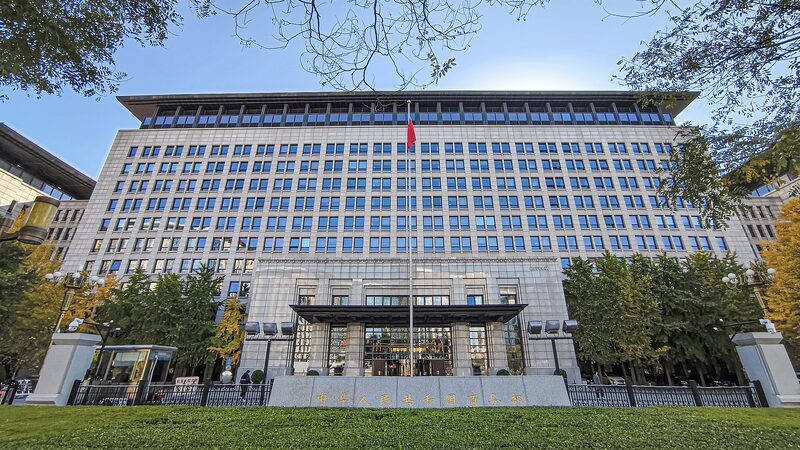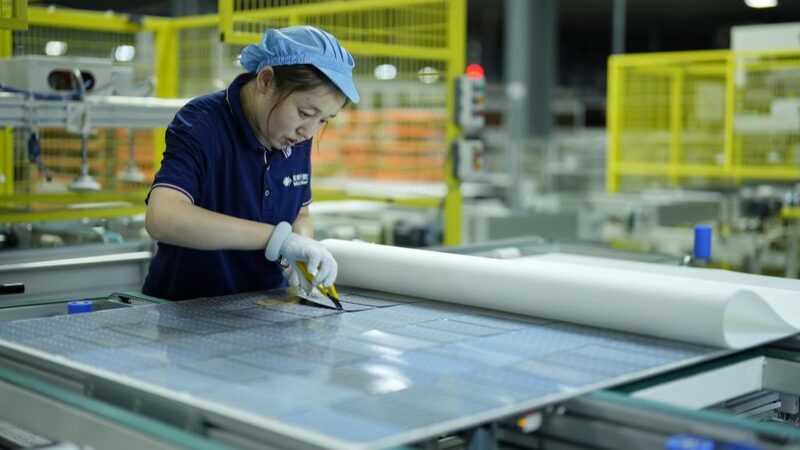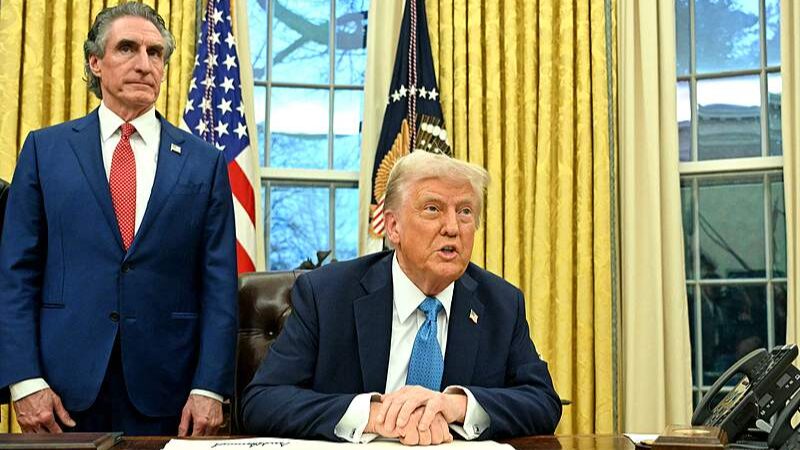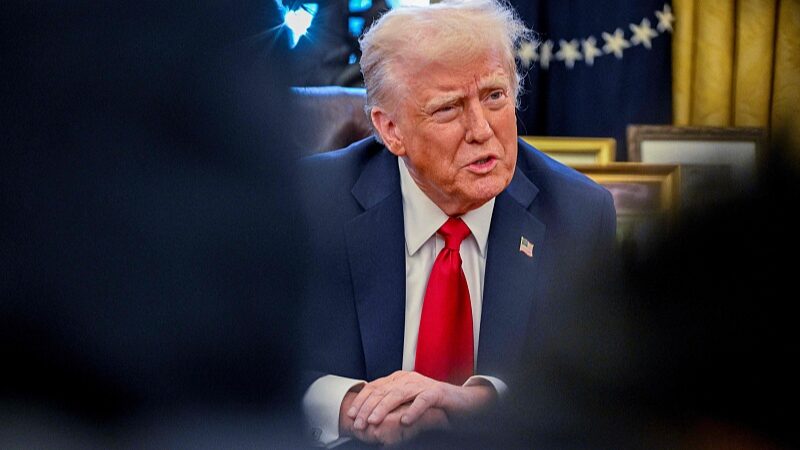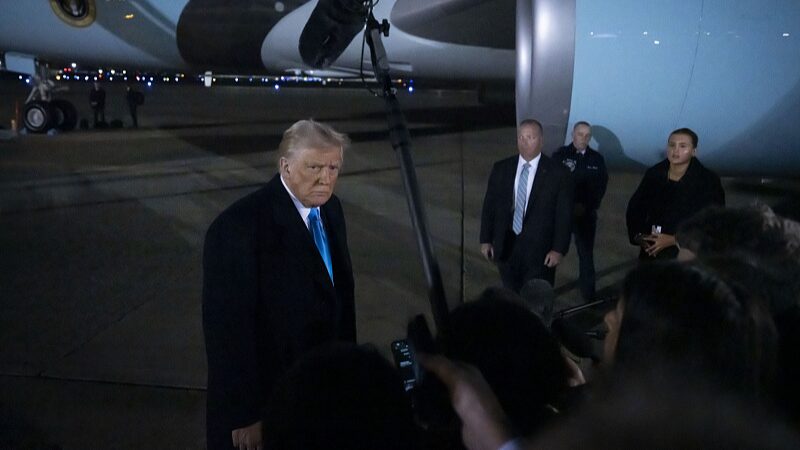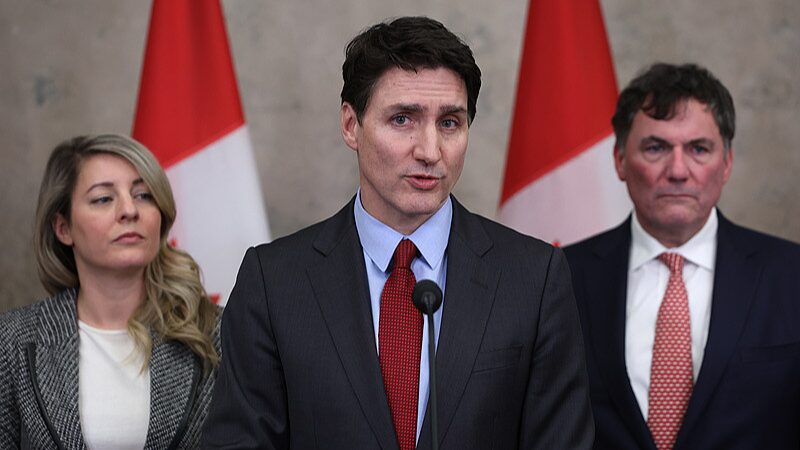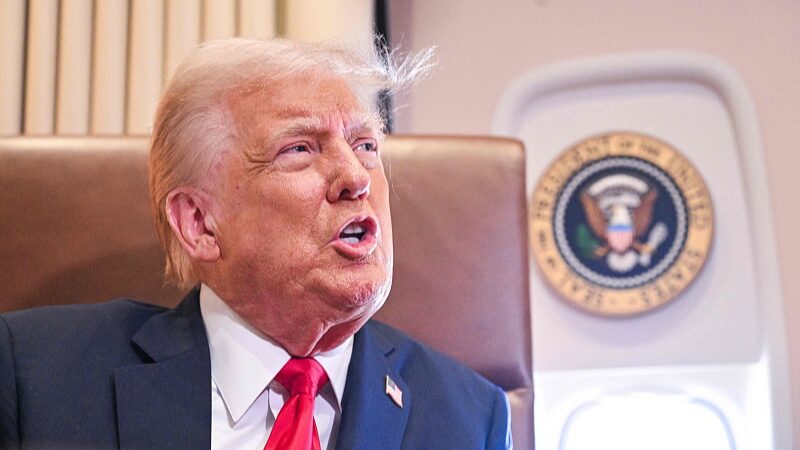China has announced sweeping retaliatory tariffs on Canadian agricultural exports, escalating global trade tensions linked to U.S.-led protectionist policies. The measures, set to take effect March 20, include 100% tariffs on rapeseed oil and pea imports, alongside 25% duties on pork and aquatic products, according to the Chinese Ministry of Commerce.
The move responds to Canada's earlier imposition of 100% tariffs on Chinese electric vehicles (EVs) and 25% levies on aluminum and steel products—actions Beijing denounced as “discriminatory” and inconsistent with World Trade Organization rules. Officials emphasized the tariffs aim to protect Chinese enterprises from market distortions caused by “unilateral measures.”
The development highlights broader trade war pressures reignited by U.S. tactics under former President Donald Trump, whose administration championed aggressive tariff policies. Analysts note Canada now faces a dual challenge: navigating retaliatory measures from China while resisting U.S. tariff offensives targeting its own exports.
At a recent press conference, Chinese Foreign Minister Wang Yi urged reflection on the outcomes of trade hostilities: “What has the U.S. gained? Has its manufacturing competitiveness improved?” He reiterated China”s preference for mutual prosperity through cooperation but warned of firm countermeasures if pressured.
Meanwhile, Canadian media outlets like The Globe and Mail have urged Ottawa to resist Trump-era trade strategies, characterizing recent U.S. tariffs as deliberate attempts to sow economic instability rather than negotiation tools.
The fallout underscores deepening fractures in global trade frameworks, with businesses and policymakers worldwide monitoring how escalating measures might reshape supply chains and cross-border economic ties.
Reference(s):
China announces retaliatory tariffs on Canada amid broader trade war
cgtn.com
